Ayana Elizabeth Johnson: A coral reef love story
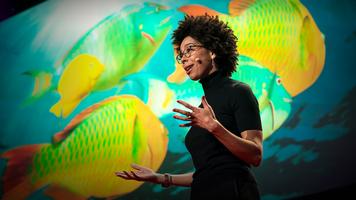
Over the course of hundreds of scuba dives, marine biologist Ayana Elizabeth Johnson fell in love -- with a fish. In this ode to parrotfish, she shares five reasons why these creatures are simply amazing (from their ability to poop white sand to make colorful "wardrobe changes") and shows what's at stake -- for us and them -- as climate change t...
Ayana Elizabeth Johnson: How to find joy in climate action
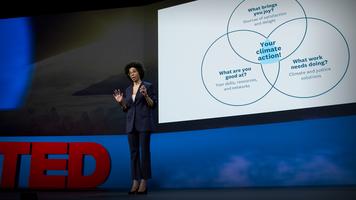
We can all play a role in the climate movement by tapping into our skills, resources and networks in ways that bring us satisfaction, says climate leader Ayana Elizabeth Johnson. She suggests drawing a Venn diagram to map these questions: What are you good at? What is the work that needs doing? And what brings you joy? Where your answers interse...
Ayana Elizabeth Johnson and Jennifer Jacquet: Will the ocean ever run out of fish?
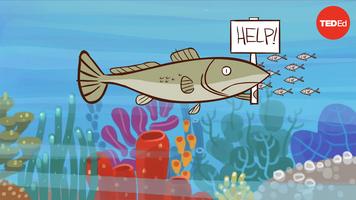
When most people think of fishing, we imagine relaxing in a boat and patiently reeling in the day's catch. But modern industrial fishing -- the kind that stocks our grocery shelves -- looks more like warfare. Ayana Elizabeth Johnson and Jennifer Jacquet explain overfishing and its effects on ecosystems, food security, jobs, economies, and coasta...
Ayana Elizabeth Johnson and Megan Davis: Underwater farms vs. climate change
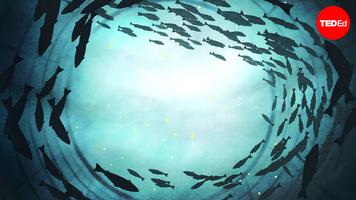
For billions of people, seafood provides a significant source of protein and nutrition, but over half the seafood we eat isn't caught in the wild, it's grown through aquaculture. Farmed seafood is one of the fastest-growing food industries, but the farming methods echo the problems we've seen in industrial agriculture. Is there a way to sustaina...
Ayana Elizabeth Johnson: How to use the ocean without using it up
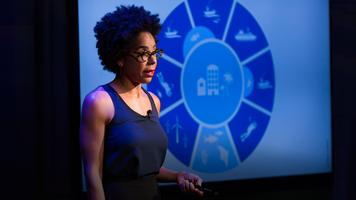
Since 1950, humans have killed off more than half of the world's tunas and sharks, and we're on track to have more plastic than fish in the ocean by 2050. Dr. Ayana Elizabeth Johnson, a marine biologist and policy expert, advocates zoning the ocean as we do land, applying a triage approach, and working with coastal communities, so we can stop—an...